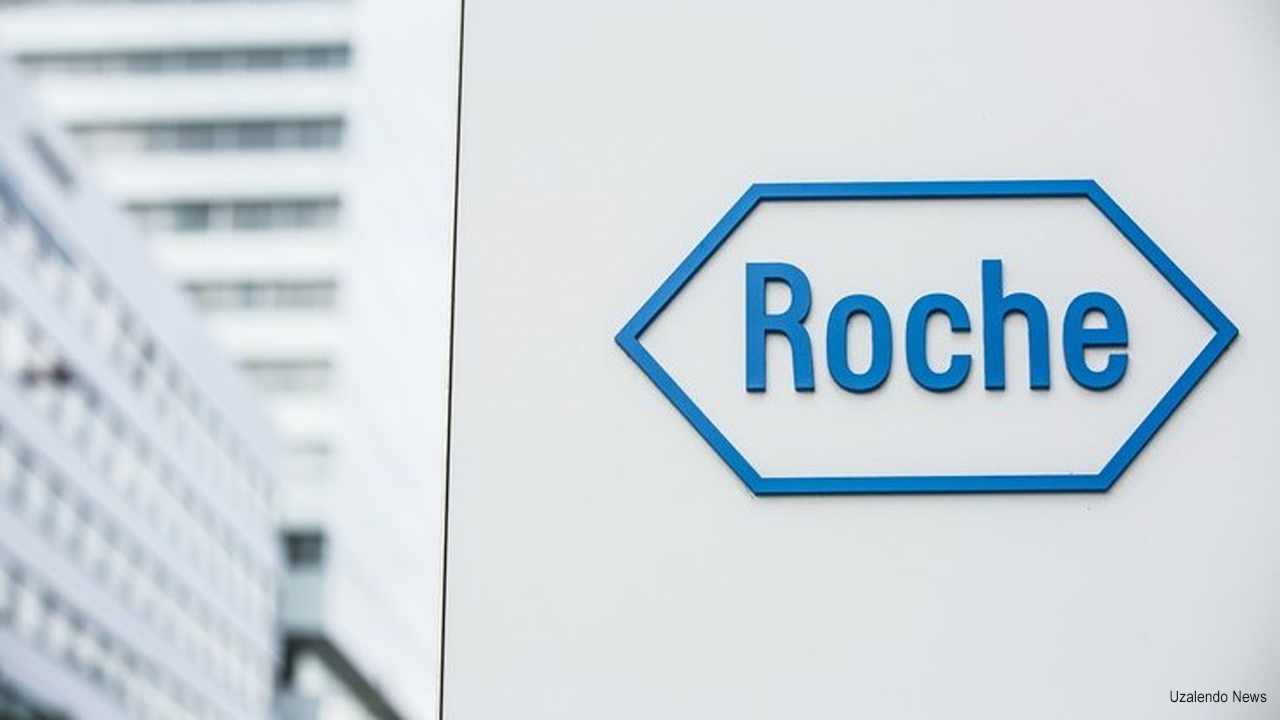Roche today announced results from a new analysis of pooled, three-year follow-up data of 401 people with haemophilia A from the pivotal HAVEN 1-4 studies, which reinforce the long-term efficacy and safety profile of Hemlibra (emicizumab). These data, from adults, adolescents and children with haemophilia A with and without factor VIII inhibitors, were presented at the all-virtual 62nd American Society of Hematology (ASH) Annual Meeting and Exposition, 5-8 December 2020.
“The long-term benefit of Hemlibra, with a consistent safety profile and durably effective control of bleeding, underscores its potential to redefine the standard of care for people living with haemophilia A,” said Levi Garraway, M.D., Ph.D., Roche’s Chief Medical Officer and Head of Global Product Development. “As the first new class of medicine in nearly 20 years, Hemlibra continues to show a positive impact on disease burden and quality of life for people with haemophilia A, regardless of their inhibitor status or age.”
The analysis included pooled data from 401 people with haemophilia A with and without factor VIII inhibitors, from across the four pivotal HAVEN studies (HAVEN 1, n=113; HAVEN 2, n=88; HAVEN 3, n=152; HAVEN 4, n=48) with a median duration efficacy period of 120.4 weeks. Hemlibra maintained low treated bleed rates across the study period, with model based annualised bleed rates (ABR) remaining low throughout the evaluation period at 1.4 (95% CI: 1.1-1.7). Further, the proportion of participants who experienced zero treated bleeds (70.8-83.7%) increased with each consecutive 24-week period. In addition, with Hemlibra prophylaxis, 95.1% of target joints were resolved. Results showed that Hemlibra’s safety profile was consistent with previous observations and no new safety signals were observed after the longer follow-up.
Furthermore, the first interim analysis of the European Haemophilia Safety Surveillance (EUHASS) Database, also presented at the ASH Virtual Congress, suggests the safety profile of Hemlibra in the real-world setting is consistent with that seen in clinical trials, with no new or emerging safety signals. EUHASS is a large pharmacovigilance programme that monitors the safety of treatments for inherited bleeding disorders.
Data from the HAVEN studies supported Hemlibra approvals to treat people with haemophilia A with factor VIII inhibitors in more than 90 countries worldwide and for people without factor VIII inhibitors in more than 80 countries worldwide, including the US, EU and Japan. Since its initial approval more than three years ago, 8,200 people have received Hemlibra globally, and in the US, Hemlibra is now the most prescribed preventative (prophylactic) treatment for haemophilia A.

 Results showed that Hemlibra’s safety profile was consistent with previous observations and no new safety signals were observed after the longer follow-up
Results showed that Hemlibra’s safety profile was consistent with previous observations and no new safety signals were observed after the longer follow-up










.jpeg)







.jpeg)

.jpg)










